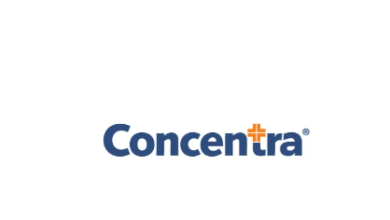How Businesses Prevent Legal Problems
The mere mention of legal problems sends shivers down the spines of business owners. That’s mainly because any legal action against a company can result in large payouts, damaged reputations, the loss of customers, and even a shutdown. How to savvy entrepreneurs fend off potential legal trouble. Additionally, how do they provide for financial security in the event they come out on the losing end of a settlement?
The most common and most effective solutions encompass a prevention and resolution approach. This typically includes carrying insurance to cover potential losses and judgments, as well as several preventive measures. All these strategies and techniques cost money, so every right-thinking manager needs to calculate and weigh costs and benefits before deciding on a specific path forward.
In addition to carrying enough insurance to cover a possible legal action, most organizations use tools like advanced fleet management solutions, regular on-site safety checks, in-house tax and financial audits, and annual legal reviews from law firms that specialize in whatever industry niche the company operates. Review the top choices that companies make and see which approaches might work best for your organization.
Table of Contents
Fleet Management
Electronic logging devices (ELDs) are just one of the dozens of features of modern fleet management software programs that help owners and managers avoid potential fines and penalties for drivers who exceed the stated limit of drive time. Any transport company can use a fleet management solution that features an ELD compliance solution to minimize or totally eliminate hours of service violations. Current ELD mandates mean that most trucks must be outfitted with a fleet solution that includes the capability to electronically record all driver logs in an accurate and timely manner.
Insurance
Insurance coverage of various kinds is often misunderstood as a preventive measure. In fact, most policies serve only as after-the-fact protection, such as malpractice policies do for doctors. However, many carriers require businesses to undergo regular safety checks or prove in some other way that they’re keeping the workplace safe from accidents. But even as a post-lawsuit solution, liability and other categories of insurance coverage are a must for any business owner who wants to cover all the legal bases.
Safety Inspections
Many organizations hire independent safety inspection agencies to do regular compliance reviews in such areas as fire and accident prevention, asset, IT security, and more. The modest cost of such inspections is well worth the time and expense because every action is documented. If a legal action surfaces at a later date, owners can prove they were in compliance with specific guidelines based on verified, dated safety reports.
In-House Audits
In-house financial and tax audits can help you make better choices, and are commonplace in many industries. Company owners typically hire CPA (certified public accounting) firms to review internal documents and issue objective, sworn opinions about the state of the organization’s finances, including the number and kind of verified assets, the amount of short-term and long-term debt, and accounts receivable. Pre-audits are not inexpensive but are a smart way to verify that an organization is operating in legal, ethical ways.






